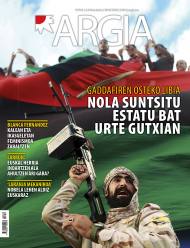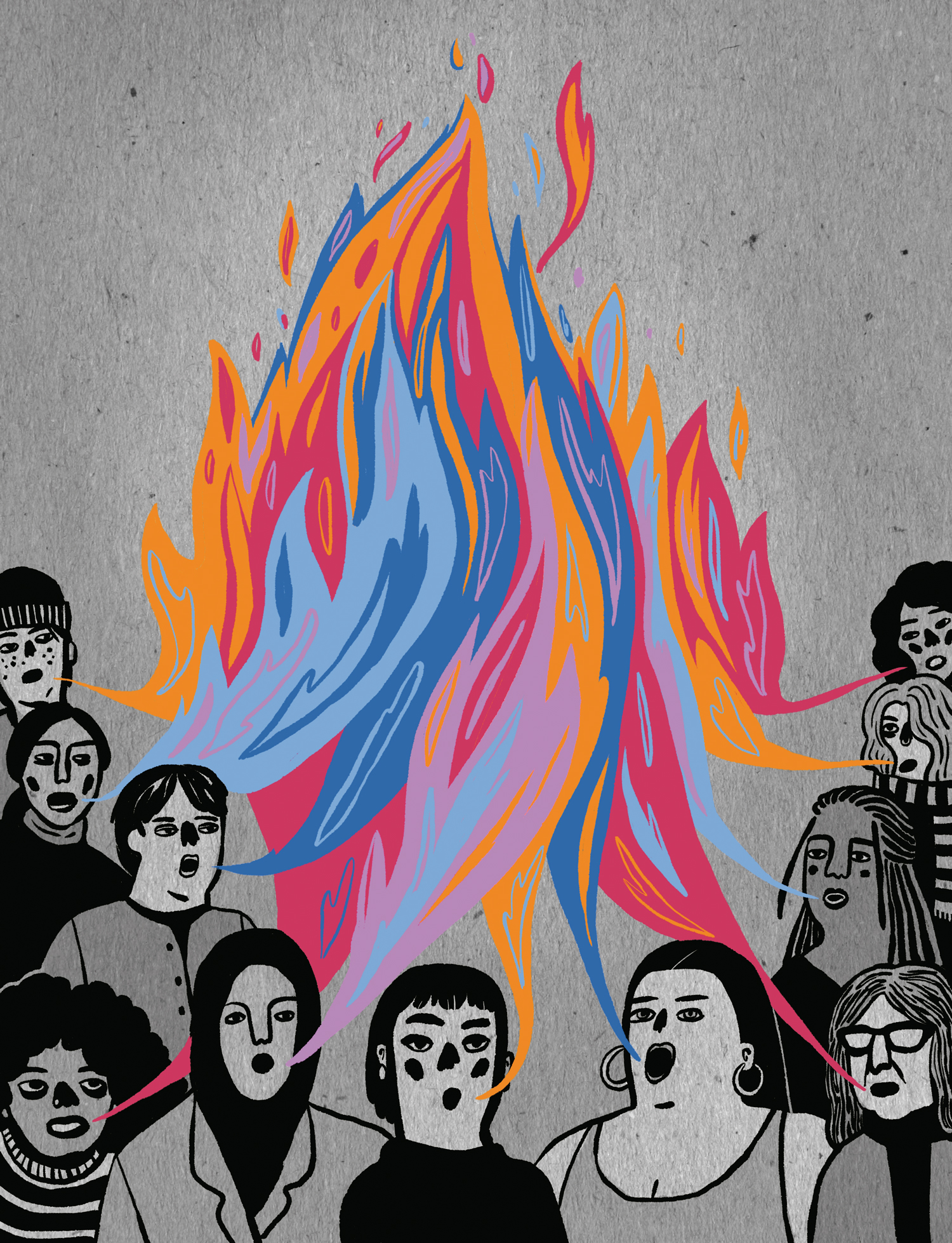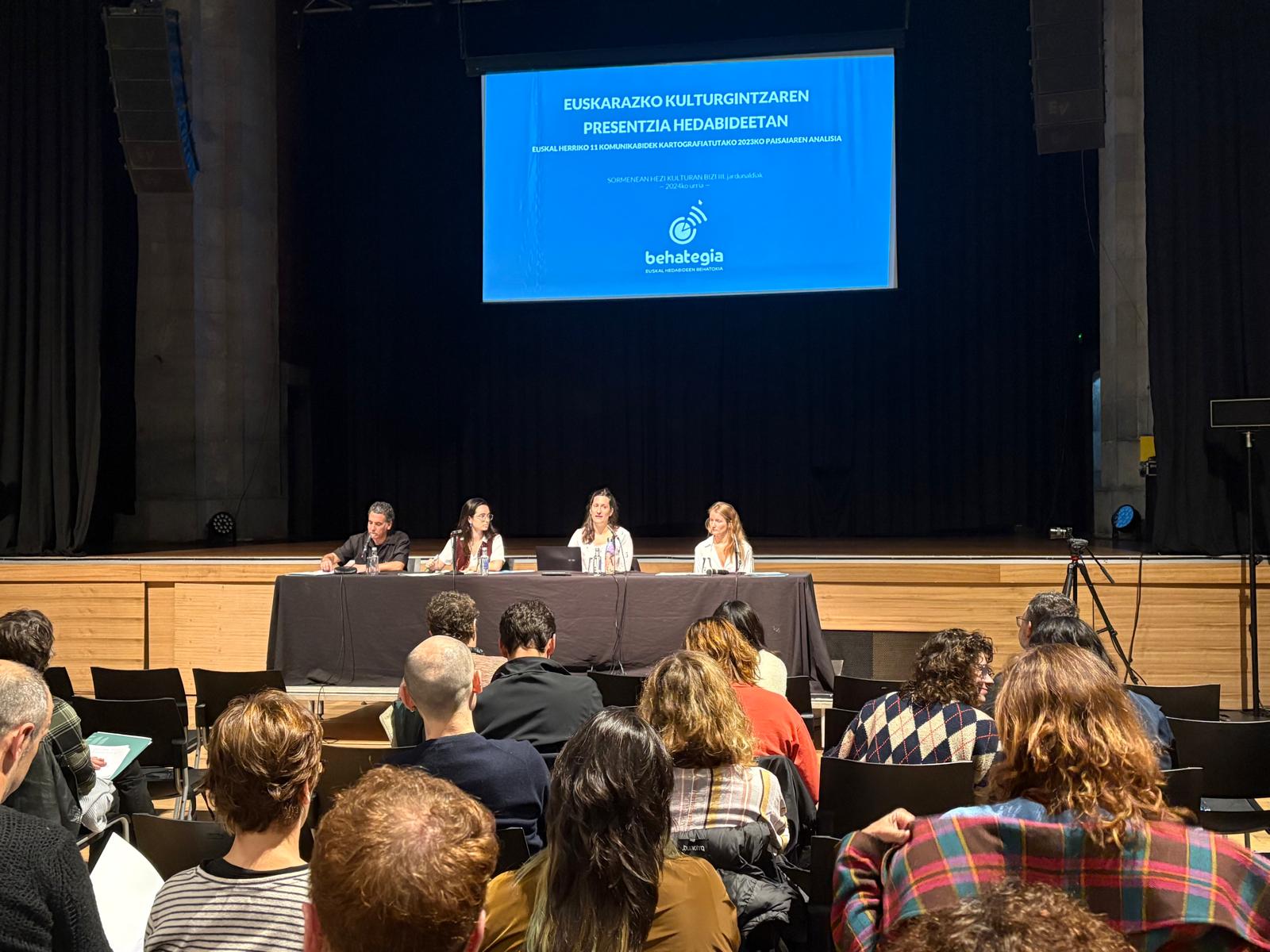Metonymy
- Based on the relationship between two things, metonymy is to give one the name of the other: If we bought a picasso, we would buy a painting by Picasso – Ana Malagón or Iban Zaldua I read this morning: Will it ever be done with stories? Of course, my real interest is to get to do with the columnists.
In the press, metonimia has been used by many as leprosy to highlight the extent of a political illness: Fermin Muguruza, for example, carries the stigma of being favorable to ETA, and who is interviewed will be infected by her hobby for terrorism, to the point of having to ask for forgiveness. Metonimia, as a rhetorical issue, works best in the field of imagination: If we interviewed Rafael Vera or Pius Moa, who unlike Muguruza have participated in real terrorist groups, it's not that easy to activate.
The most successful metonymy in Spanish politics has been the one that confuses Podemos with Venezuela: Nicolás Maduro, by which a certain Spanish press has asked a leader of Podemos to account. That is why I do not want to think about what would have happened if an opposition journalist had entered an embassy in Venezuela to collect papers that are needed to get married, and there the police, including Maduro’s two bodyguards, and, before the ambassador, would have been morally tortured and murdered. What if the world had known that for seven minutes the journalist had screamed while they mutilated her? What would they have said in the tertulias? Requesting his resignation.
But as has been said, metonymy works better in fictional kingdoms. On this occasion, the narrative has taken place in a non-Venezuelan embassy, as no one has made obvious metonimias.
Mugimenduak mahai gainean jarri du euskarazko edukiak sustatzeko beharra, eta horren aurrean ETBk duen interes falta. Lehentasuna gaztelaniazko saioei ematea egotzi dio. ETB emozioen festa izan dadin, aldatu gidoia euskararen alde! lelopean, aldaketa eskatu dio telebista... [+]

















